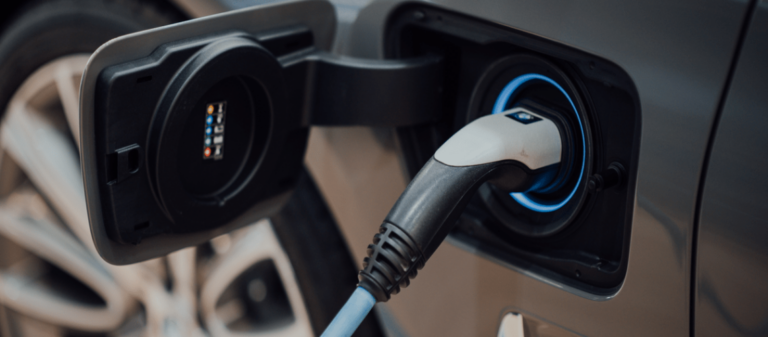In need of a guide that covers everything you need to know about electric vehicle batteries, how they work and how long they last – well here you are.
We all know that an electric car battery is pretty crucial if you want your Electric Vehicle (EV) to actually run.
Just like anything new however, there are still a lot of questions surrounding how Electric Cars work, especially EV batteries.
How long do EV batteries last? Can electric car batteries be repaired? How long do electric vehicle batteries take to charge? The list of questions can seem endless.
If you’ve found yourself asking these questions then you’ve come to the right place. The Evaa team are experts on all things EV and particularly, EV batteries and charging.
That’s why we’ve put together this guide to help you get to grips with everything there is to know about electric vehicle batteries.
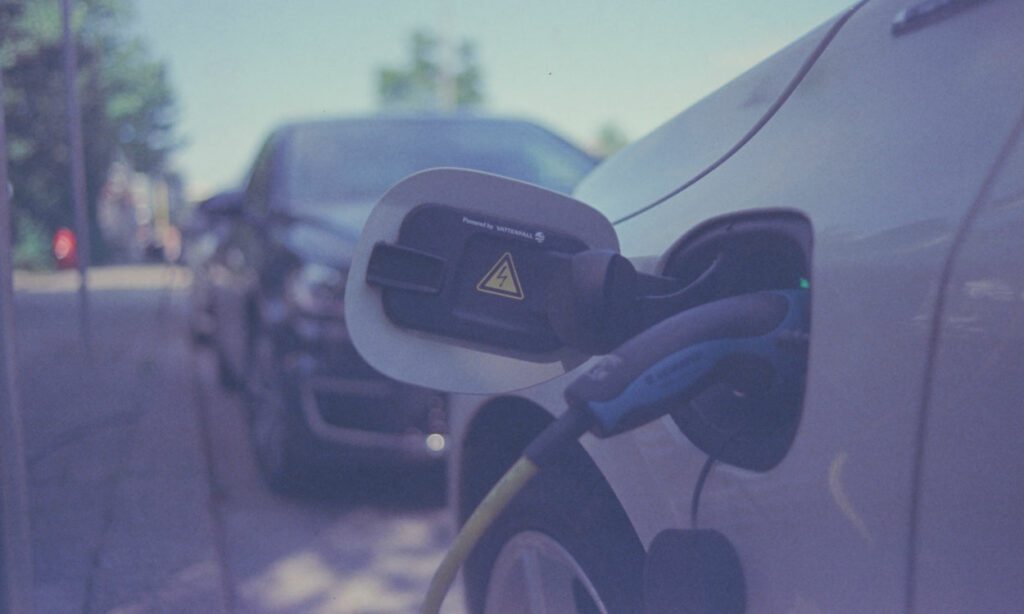
How Do Electric Car Batteries Work?
Electric batteries are often the most expensive component of an EV. Made up of pricey and hard to obtain parts, it’s a key structural element of any electric vehicle.
When it comes to understanding how electric car batteries work, the very basics are that batteries store the electricity that EV’s require to run.
The electricity stored in the battery is used to power the motor of your electric car, which turns the wheels as you drive. Simple right?
The reason why getting your head around electric car batteries and how they work can be difficult is because there’s a lot of jargon out there. And let’s be honest, nobody likes jargon.
Below we’ve listed some of the key EV battery terms you might come across to help you out:
kHw
This stands for kilowatt hour and is a measure of how much electricity/energy you’re using per hour.
Ah
This stands for ampere hours and is the amount of energy charge in a battery that allows 1 ampere of current to flow for one hour.
RPH
This stands for range per hour of charge and refers to how long you’ll be able to run your EV for, based on the length of time you’ve charged it for.
SOC
This stands for state of charge and is the percentage of charge an EV battery currently has.
There are also a few different types of electric vehicle batteries that you may come across. The most common types are lithium ion batteries and solid state batteries.
Lithium ion batteries are currently the most popular type of electric car battery and have an estimated lifespan of 8-10 years. As technology in the sector improves, so does the performance and lifespan of these batteries.
Many manufacturers are also discovering cheaper ways to to create lithium ion batteries, helping to bring down the overall cost of electric vehicles.
Solid state batteries meanwhile are smaller, cheaper and have a higher capacity than lithium ion alternatives. They use solid electrodes and electrolytes instead of liquid but are not yet readily available on the market.
How Do Electric Car Batteries Charge?
Getting to grips with charging your EV battery can be one of the hardest things about making the switch to an electric vehicle, especially when you’ve been used to filling up your car with petrol or diesel for so long.
Just like when a traditional car runs out of fuel and needs to be filled up, when an electric car runs out of battery charge it needs to be plugged in.
In order to charge your EV you’ll need either a wall socket or a dedicated EV charging unit.
You can charge the battery of your electric car both at home or on the go. Some EV drivers choose to install a charging socket at home which can be a cost-effective way of charging your car overnight, providing you have access to off-street parking.
Electric car batteries can also be charged up on the go. Electric charging stations are becoming an increasingly popular sight across the country, popping up in service stations, petrol stations and even supermarket car parks.
All you have to do is pull up, plug in and pay!
Keeping an eye on the location of EV charge points is a good idea, especially if you’re planning a long journey in your electric car. The Evaa app lets you find a charge point nearby to ensure you never run out of battery whilst on the road.
How long it takes to charge your EV battery will depend on the type, size and manufacturer of the battery but rapid charging points can usually boost your battery to 80% in as little as 20 minutes.
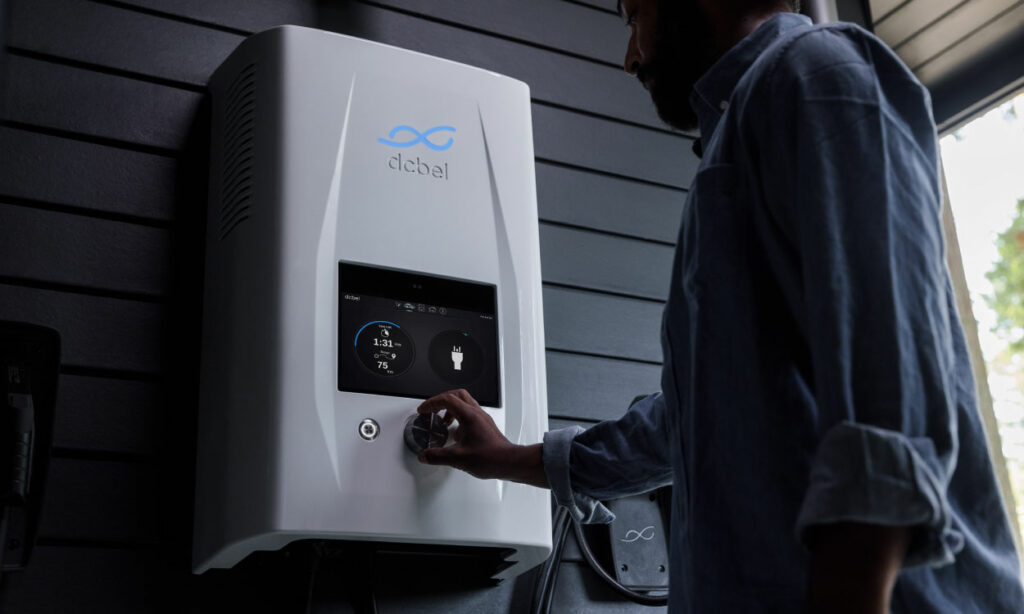
How Long Do Electric Car Batteries Last?
Often the thing that worries potential electric car drivers the most is that their EV battery will quickly break and they’ll be left with a hefty bill.
The reality is though that EV batteries are designed to be robust and stand the test of time.
Whilst many of the leading electric car manufacturers offer an 8-10 year or 100,000 miles warranty, most electric vehicle batteries will last much longer.
The lifespan of an electric car is actually estimated to be around 20 years, matching expectations for petrol and diesel alternatives.
As an EV progresses through its lifespan, its battery will naturally degrade; however this doesn’t tend to impact the performance of your electric car too much. In fact, the only thing you’re likely to notice is the range of your car will slowly begin to decrease between charges.
Many electric cars are also now designed with energy saving features that help to prolong the overall lifespan of your EV battery including regenerative braking (the battery charges as you break) and idling (the car turns off when stationary to prevent wasted energy).
What Can Go Wrong With Electric Car Batteries
Whilst electric car batteries may be designed to be durable, that doesn’t mean they’re invincible and sometimes things will go wrong.
The two main concerns for EV batteries are:
Battery degradation
The main concern for electric car batteries is that over time they will degrade and lose capacity.
It’s hard to predict exactly how long it will take for your EV battery to degrade and external factors such as how much you use your EV, how you charge your battery (rapid or standard) and high temperatures can all have an impact.
The difference between an electric car battery at the time of production to how it’s currently running is referred to as its state of health.
Battery fires
EV battery fires are much less common than you might be led to believe, in fact it’s much more common for petrol, diesel or hybrid cars to set alight.
In the unfortunate incident that your EV battery does catch fire though, you’ll likely find yourself needing a whole new car thanks to how difficult the fires are to put out.
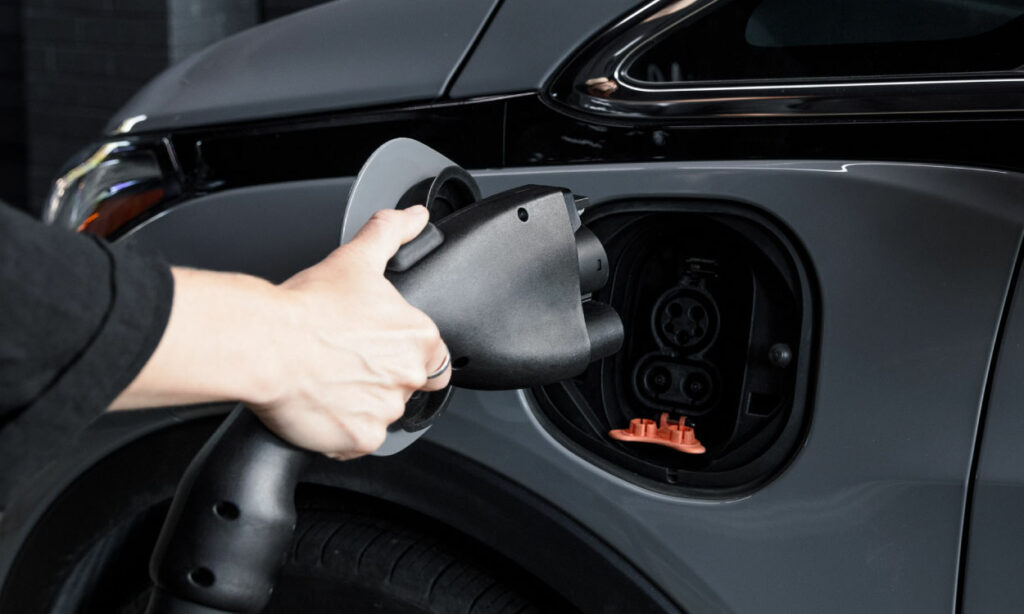
Can Electric Car Batteries Be Upgraded?
The simple answer is yes, you can upgrade your EV battery but it might not actually be that simple in practice.
Whether or not an upgrade is available for your electric car battery all depends on the make and model of your vehicle and if the manufacturer offers battery upgrades.
Tesla is leading the way when it comes to battery upgrades but a small number of brands including Nissan are slowly starting to follow suit.
The fact is though, EV batteries are made to last. With technology advancing all the time it’s actually highly unlikely you will need to upgrade your car’s battery within its lifespan.
Whilst you may not have the option to upgrade your electric vehicle battery, you can certainly repair or replace it…
Can Electric Car Batteries Be Repaired?
The great news is that yes, electric car batteries can be repaired.
When it comes to discussing the components that make up an electric vehicle we often class the battery as a singular part. The reality is however that EV batteries are made up of multiple cells, modules and packs.
Why this is so handy is that often when there is a fault or issue with an EV battery, the problem will be with a singular module, making repairs super simple, not to mention cost-effective!
Expert EV mechanics should easily be able to isolate a module if it’s underperforming and repair it back to full function.
Can Electric Car Batteries Be Replaced?
If repairing your EV battery isn’t an option then they can easily be replaced for a brand new one.
Thanks to their excellent lifespan, you probably won’t need to worry about ever replacing your electric car battery though, especially if you’ve opted to purchase a brand new vehicle.
Many electric car manufacturers offer EV battery warranties to give you peace of mind.
Warranties are usually for at least 8 years (or 100,000 miles) but the specifics will depend on the individual manufacturer. When purchasing an electric car be sure to ask for the details on battery warranties before you sign on the dotted line.
Of course, replacing an EV battery comes at a cost and often it’s not a cheap process. The cost for a new EV battery in the UK is currently around £87 per kWh. If the average EV battery has a kWh of 40 then replacing the battery can quickly add up to the thousands.
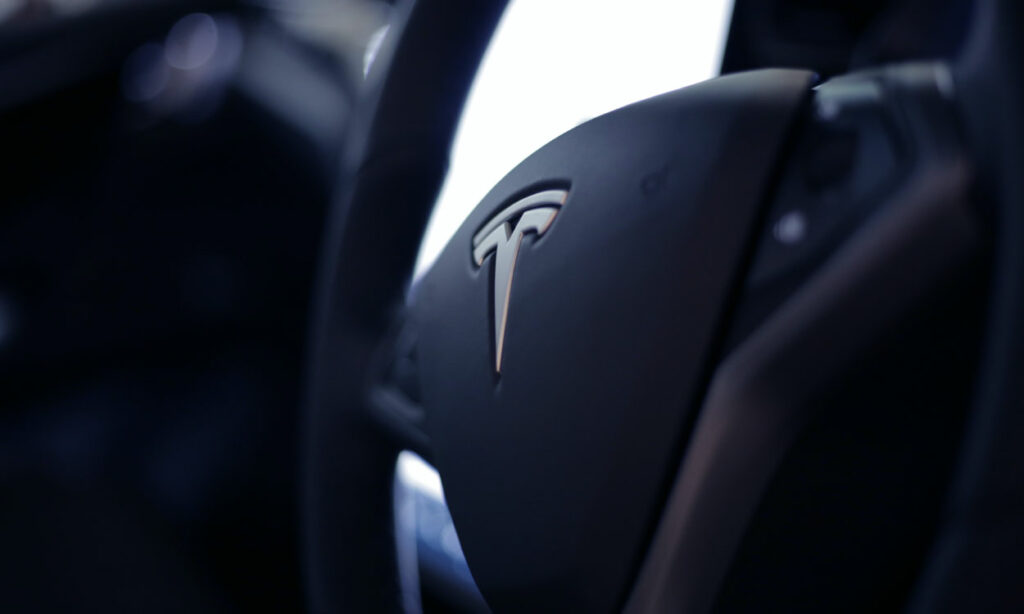
Recycling Electric Car Batteries
We all know by now that one of the biggest selling points to electric cars is their green credentials. Infinitely better for the environment than petrol or diesel alternatives, you might be wondering if EV batteries can be recycled at the end of their lifespan?
The good news for the planet is that yes, EV batteries can be recycled. In fact, it’s actively encouraged over other mass disposal methods.
EV batteries can be stripped for valuable materials including lithium salts and cobalt which prevents reliance on the extraction of new raw materials from the earth.
Currently only around half of the components that go into an EV battery can be recycled but with major manufacturers such as Tesla and Volkswagen making public pledges when it comes to recycling EV batteries, we can expect the recycling rate to only increase with time.
Final Thoughts
Hopefully now you feel much more confident about how electric car batteries work, how long you can expect them to last and what your options are if something goes wrong.
As we’ve mentioned throughout this article, EV batteries are made to stand the test of time. Provided you look after it and keep up with your electric car maintenance, you can expect an electric car battery to last anywhere up to 20 years!
Don’t forget the team at Evaa are always on hand to help you get to grips with charging your EV battery and finding a charging station nearby. Contact the team for more information on our country-wide charging network or Book a demo, today .
